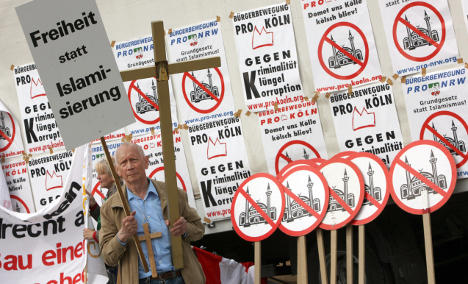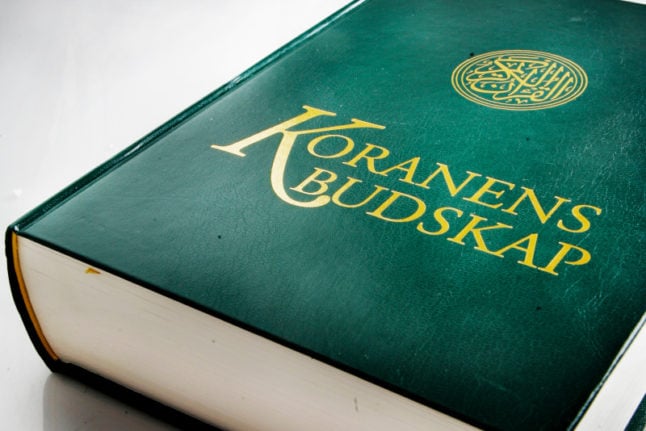President Christian Wulff recently riled his fellow conservative Christian Democrats (CDU) by declaring that Islam was part of Germany just like Christianity and Judaism.
He won praise for his comments from Germany’s large Turkish community, but the uproar over the Wulff’s speech must seem rather hypocritical back in Ankara and Istanbul.
Turkey constantly faces European criticism – justifiably – for its treatment of religious minorities, but is now being told by the CDU’s Bavarian sister party the Christian Social Union (CSU) that religious freedom is not the same as religious equality. Had a Turkish politician made a similar remark, the CSU would have no doubt warned against allowing Turkey into the European Union.
In the heated debate surrounding Islam in Germany, the perverse interpretation created by the Osama bin Ladens of the world is often presented as the “true” core of the religion. But average Muslims in both Turkey and Germany do not recognize this distortion of their faith.
A frequent argument heard is that a literal interpretation of the Koran cannot be squared with western democratic values – as if a literal interpretation of the Bible could. Another common criticism is that the Muslim world has yet to go though any sort of Enlightenment, the period that curbed the role of religion in western society.
But who said that the history of Europe was the standard for all things, and that such a radical break with religion is necessary? Perhaps in other religions certain things developed in different ways than they did for the European Christians.
Plenty of Islamic scholars around the world devote their energies to asking what modern Islam should be like. The Turkish Ministry of Religion, for example, has branded forced marriage, ‘honour’ killings and the disenfranchisement of women as un-Islamic.
The late Muhammad Sayyid Tantawy, who as head of the al-Azhar University in Cairo was one of the world’s leading Islamic scholars, dismissed women’s veils as pure tradition without religious foundation in Islam.
But such voices and developments barely register in the West, where Islam is presented as a violent, reactionary block hopelessly resistant to reform. Such crude generalizations about Islam and the criticism of Wulff are mainly born of fear and the desire for excluding something seen as foreign.
Wulff’s statement that Islam belongs to Germany provokes the Germans because it touches anxieties of an alien force invading and taking over the country. Thilo Sarrazin’s theories have been so successful because they seem to prove to his readers that such fears are justified.
Of course, the problems with Germany’s integration policies need to be discussed. But in this very emotional debate, Islamic extremists need to be described as what they are – marginal figures.
No-one demands of average Christian Europeans that they distance themselves from the war criminals of the Lord’s Resistance Army in Uganda, who kill, maim and terrorize their victims and recruit child soldiers in the name of their Christian God. Muslims in Europe see themselves as being put under a general suspicion of being Osama bin Laden’s remotely controlled jihadists waiting for the moment to draw their scimitars.
The failure to make this distinction is not just bad for the integration of millions of Muslims in Germany and Europe. It also makes it more difficult to deal with the real threat of extremists like al-Qaida. If you equate Islam with terror, injustice and the Dark Ages, then you can no longer tell the difference between friend and enemy.
This commentary was published with the kind permission of Berlin newspaper Der Tagesspiegel, where it originally appeared in German. Translation by The Local.



 Please whitelist us to continue reading.
Please whitelist us to continue reading.
Member comments